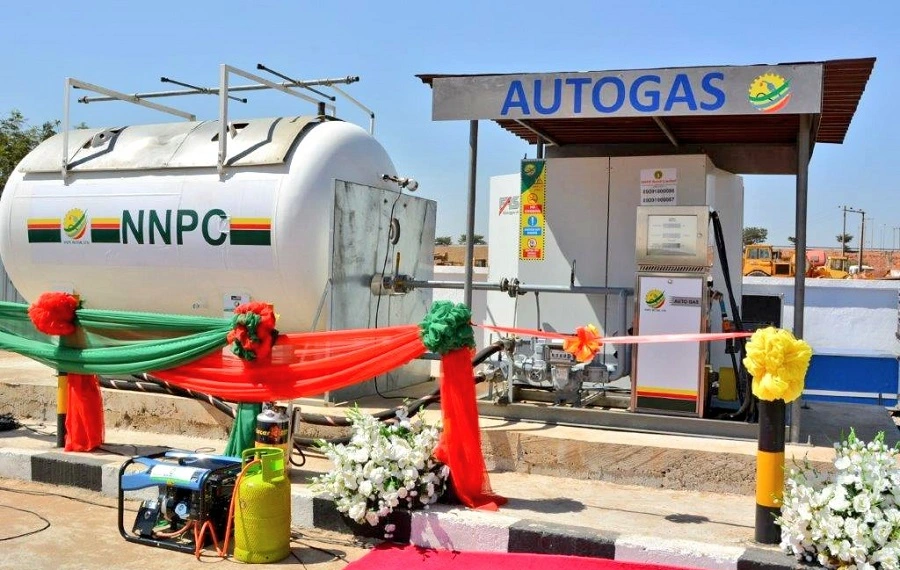Nearly twelve months since government announced a move to autogas, there is hardly a sign about its willingness to pursue the policy. The lack of political will to pursue the initiative despite the abundance of gas in this region leaves much to be desired as it also trains light on Nigeria’s longstanding gas flaring problem.
Last year, the Petroleum Products Retail Outlets Owners Association of Nigeria (PETROAN) announced that 7000 retail outlets will be converted to dispense autogas to deepen the use of gas in the country. Just like the policy announcement by government, the move by PETROAN yet to be seen in practical terms.
To date Nigeria has made a whooping N43.3 trillion from gas, making it an undisputed cash cow and the need to further explore it as a major contributor to the country’s diversification basket. It is one of the multi reasons gas flaring is such a thorny issue.
More and more gas will be available to the gas stations if flaring is accordingly dealt with. And when more gas is available for local consumption, prices are likely to crash. These are strong economic reasons to end the leakages.
It was reported, last year, that the Federal Government and oil companies in the country lost an estimated N87.16bn from January to May, which represented a total of 90.9 billion standard cubic feet of flared natural gas.
Nigeria is among the top ten gas-flaring countries in the world, flaring some 7.4 billion cubic feet in 2018, according to PricewaterhouseCoopers, 313 million standard cubic feet according to the ministry of environment. As of 2017, Nigeria had about 178 gas flare sites out of 16,000 globally in 90 countries. According to Bloomberg, gas flaring globally emits more than 350 million tons of carbon dioxide equivalents in a year. The flared gas in turn results in the emission of 16.5 million tonnes of carbon dioxide.
Apart from the financial losses accruing from flaring, the practice constitutes health and environmental risks. The health hazards are in form of cancers and lesions among others. While the environmental setbacks include pollution of land and water that in turn has crippled livelihoods from loss of farmlands and fishing pots. Thousands are thus left to starve and to be beggarly.
To rein in these problems, we urge government to speed up its plans to commercialise the gas that is currently burned for local consumption and for export. It is discovered that flared gas can be redirected for Amonia production, a vital ingredient in er production. These and more has led government to set a 2025 deadline to end gas flaring. A large part is planned for conversion to electricity to solve the country’s age long power problem. To that effect, Nigeria’s gas flare commercialization programme was approved in 2016, and the DPR held a round for companies wanting to bid on the opportunity to commercialize 96 flare points last February.
It takes strong will to confront a challenge that predates the country’s nationhood and one that is perpetuated by a very strong lobby group because of the financial implications; the oil company’s would rather pay the penalties from flaring than convert machinery to purpose.
We ask the government agencies at the forefront of the gas programme, especially the Nigerian National Petroleum Corporation (NNPC) and the Nigerian Upstream Petroleum Regulatory Commission to remain focused in carrying out this national assignment with a singularity of purpose to the eternal wellbeing of Nigerians especially those in the Delta region and the economic prosperity of Nigeria as a whole.





